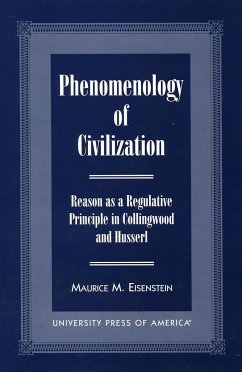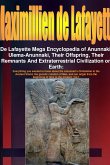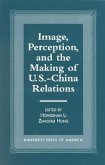Phenomenology of Civilization explores the philosophy of Edmund Husserl and R.G. Collingwood, two of the most influential philosophers of the twentieth century. Husserl founded phenomenology, which has had a direct effect on contemporary philosophy, and Collingwood, though less formally known, is still one of the most commonly read twentieth century philosophers. Maurice Eisenstein examines their work in relation to recent philosophy, particularly focusing on existentialism, Heideggerian phenomenology, and postmodernism. He brings these two philosophers together because they were contemporaries of each other, addressed the same audience, and, therefore, had similar issues to influence them. This discussion of Husserl and Collingwood's work moves beyond Husserl's phenomenology, and Collingwood's typical association with Hegel or Kant, to a new understanding of their ideas through an association with each other in regard to contemporary philosophy and political theory. Eisenstein's discoveries place Husserl and Collingwood into the main Western liberal political tradition with Dewey and James, rather than the more radical critique of that tradition with Sartre and Heidegger.
Hinweis: Dieser Artikel kann nur an eine deutsche Lieferadresse ausgeliefert werden.
Hinweis: Dieser Artikel kann nur an eine deutsche Lieferadresse ausgeliefert werden.








